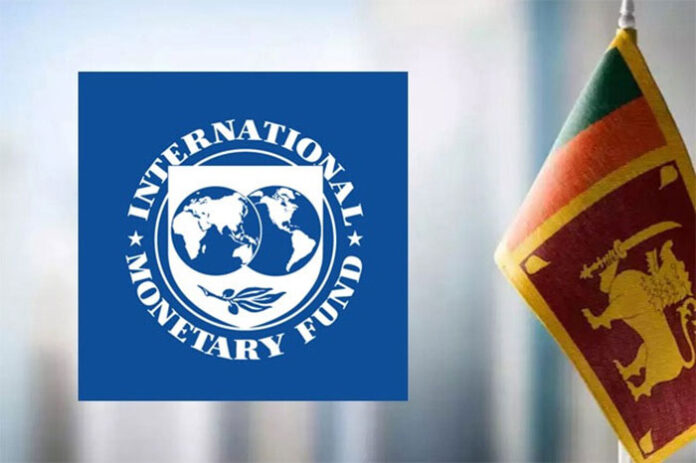Sri Lanka is edging closer to securing its next tranche of International Monetary Fund (IMF) funding, with the global lender acknowledging the country’s commitment to tough economic reforms. However, several critical IMF benchmarks remain unfulfilled, particularly in 2025, raising questions about the durability of Sri Lanka’s recovery trajectory.
Julie Kozack, Director of the IMF’s Communications Department, announced that a Staff-Level Agreement was reached on April 25 for the fourth review of Sri Lanka’s Economic Reform Programme. The deal moves Sri Lanka a step closer to receiving around $344 million in financial assistance, pending approval from the IMF Executive Board.
“The program and Sri Lanka’s ambitious reform agenda continue to deliver commendable outcomes,” Kozack said. She pointed to gains in macroeconomic stability, including low inflation, a rebound in economic growth, rising foreign reserves, and progress in debt restructuring.
Among the most recent steps taken by Sri Lanka is a 15% increase in electricity tariffs and the publication of revised bulk supply transaction account guidelines by the Public Utilities Commission—actions that fulfill prior conditions required for the next IMF disbursement.
Yet, despite the progress, Sri Lanka has fallen short in several critical areas tied to IMF benchmarks in 2025. These include delays in fully implementing the new Public Procurement Law, gaps in asset recovery legislation, and slow progress in operationalizing recommendations outlined in the IMF’s Governance Diagnostic Report. Additionally, concerns remain over Sri Lanka’s ability to sustain tax revenue improvements and maintain fiscal discipline ahead of the 2025 presidential elections.
Governance reforms—especially related to transparency, anti-corruption, and institutional independence—are central to IMF expectations. While Sri Lanka has published an updated governance action plan, its execution remains partial and uneven.
Kozack stressed that maintaining momentum is vital. “It’s important to acknowledge this progress and ensure that reform momentum continues through the remainder of the current program,” she said. “Elevated global economic risks can impact countries like Sri Lanka, and if needed, the IMF stands ready to recalibrate policies within the existing framework.”
Sri Lanka’s road to economic recovery remains fragile. While near-term indicators show signs of improvement, meeting outstanding IMF conditions is crucial for long-term stability and regaining investor confidence. The exact date for the IMF Executive Board’s decision has not been announced, but it will hinge on the timely and full implementation of prior actions.
As the country approaches the halfway mark of its IMF program, the coming months will be decisive in determining whether Sri Lanka can maintain reform discipline—or risk setbacks in its path to economic recovery.
